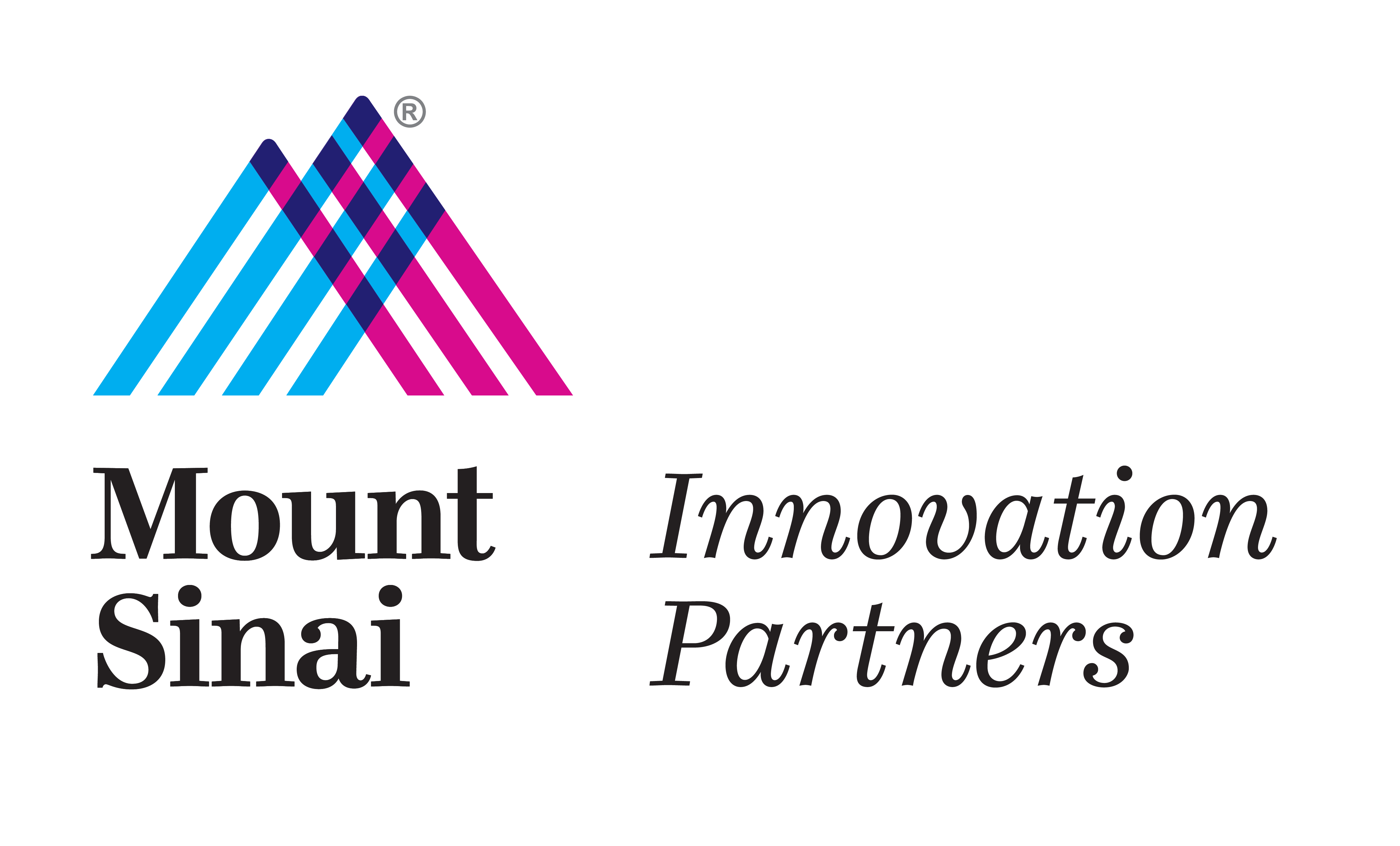Q&A: Meet Tyree Williams, a Pitch Challenge 2022 Finalist Developing a Cement Leakage Prevention System for Spinal Surgeries
April 28, 2022Tyree Williams’ team is developing a mortar bone cement system to prevent cement leakage during spinal surgery. Williams will be presenting this technology at the Mount Sinai Pitch Challenge on May 5!
Have you registered for the Mount Sinai Pitch Challenge? Sign up today and you’ll hear select teams present their healthcare solutions to a panel of judges for a grand prize! Register here.
Tell us about the technology. What kind of healthcare solution does it provide?
The Mortar Bone Cement System actively prevents cement leakage during spine surgery and controls cement curing and enhance adhesion properties. Mortar Bone Cement (MBC) composition will be designed to provide improved mechanical responses in vivo and be used in parallel with the delivery system that addresses the major limitations in the field. The Mortar system allows us to potentially provide a new treatment approach that reduces the incidence of cement leakage and secondary fractures at adjacent levels.
What inspired you to dive into this field of technology?
During my undergraduate career, I had the opportunity to participate in research programs at the University of Cincinnati Children’s Hospital and Vanderbilt University Medical Center. Through these experiences I developed a fascination for translational research and the idea of taking a concept from bench to bedside. I originally started my PhD degree in a neural engineering lab and conducted research with cells from patients with benign tumor growths. However, I felt a disconnect with my research and the application of my findings as I progressed through the program and began evaluating what I wanted to do. Luckily, I became a part of the first cohort of the Rensselaer Polytechnic Institute and Mount Sinai BioDesign Bridge Program where I started my journey in neurological spine research. As I was immersed in the Mount Sinai innovation ecosystem, I observed Dr. Jeremy Steinberger perform spinal fusion surgeries and Dr. Reade DeLeacy perform various Vertebroplasty procedures. I saw the pain points they experienced and I saw how it impacted the patient, time and time again. With my engineering background and desire to dive into the clinical space, I began the work toward innovating in the space.
Why did you get started with MSIP’s entrepreneurial series?
I am currently participating in the THRIVE program at Mount Sinai and, through that experience, I have engaged in various opportunities for personal and product growth. I met representatives from MSIP and began understanding the key elements to potentially advance my technology to market. As someone who aims to drive innovation forward, participating in the MSIP entrepreneurial series allowed me to access resources and information to become a stronger researcher and entrepreneur.
What do you think distinguishes this technology from other Pitch Challenge teams?
A major takeaway I have received from the MSIP entrepreneurial series is that startups tend to fail before they even start because many individuals do not understand the need for their technology and necessary improvements on current technology that are desired by the end users. Through my participation in the National Science Foundation (NSF) Regional I-Corps program, I spoke with over 30 clinicians, researchers, and key opinion leaders regarding the problems facing this field and gaining key insights about what current technology is lacking. Through these conversations, my team was able to compile a list and assess how we can innovate a solution to meet the needs of the end users and frame our technology accordingly. And, I believe we have done just that!

